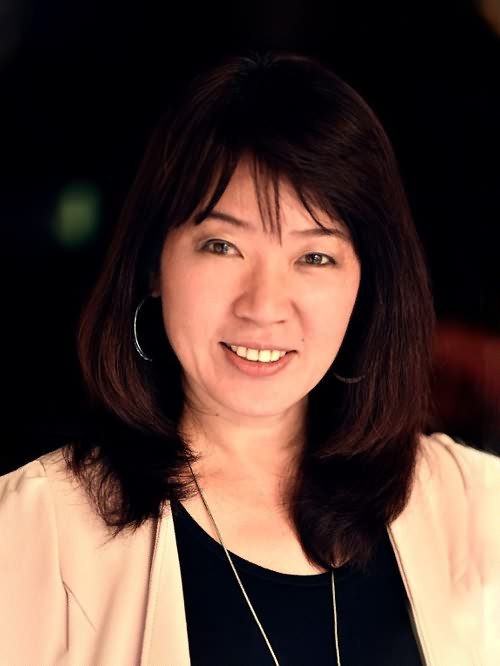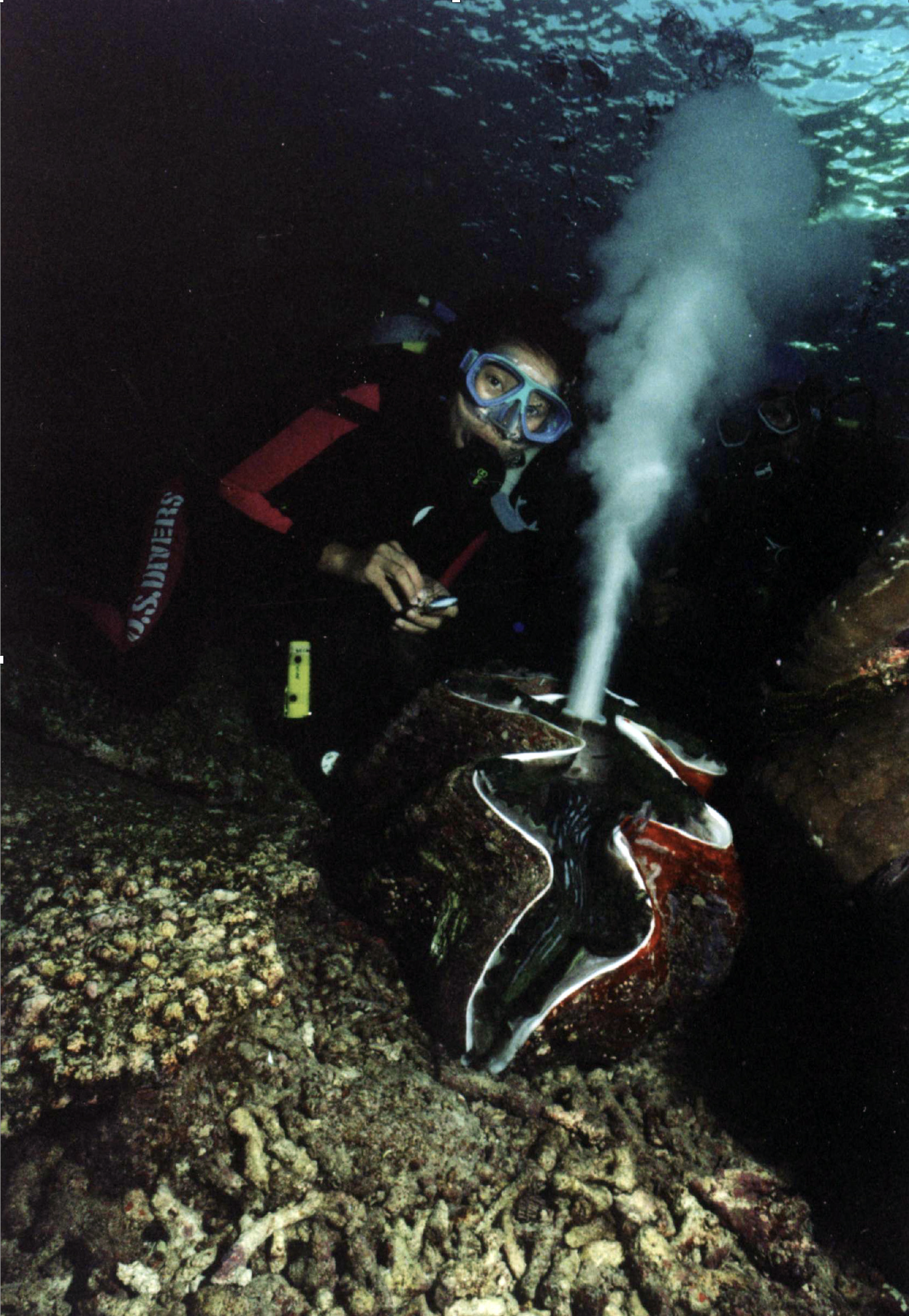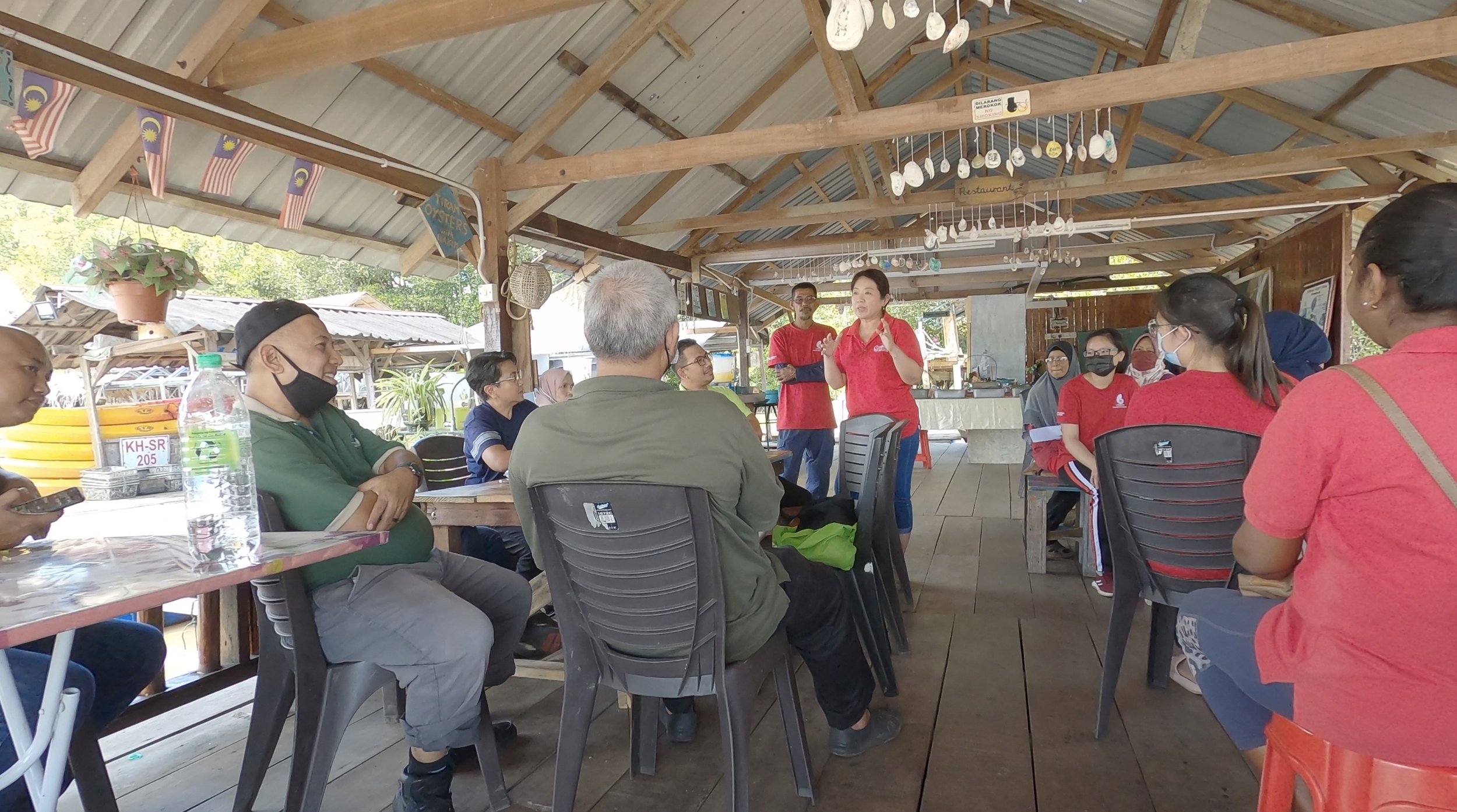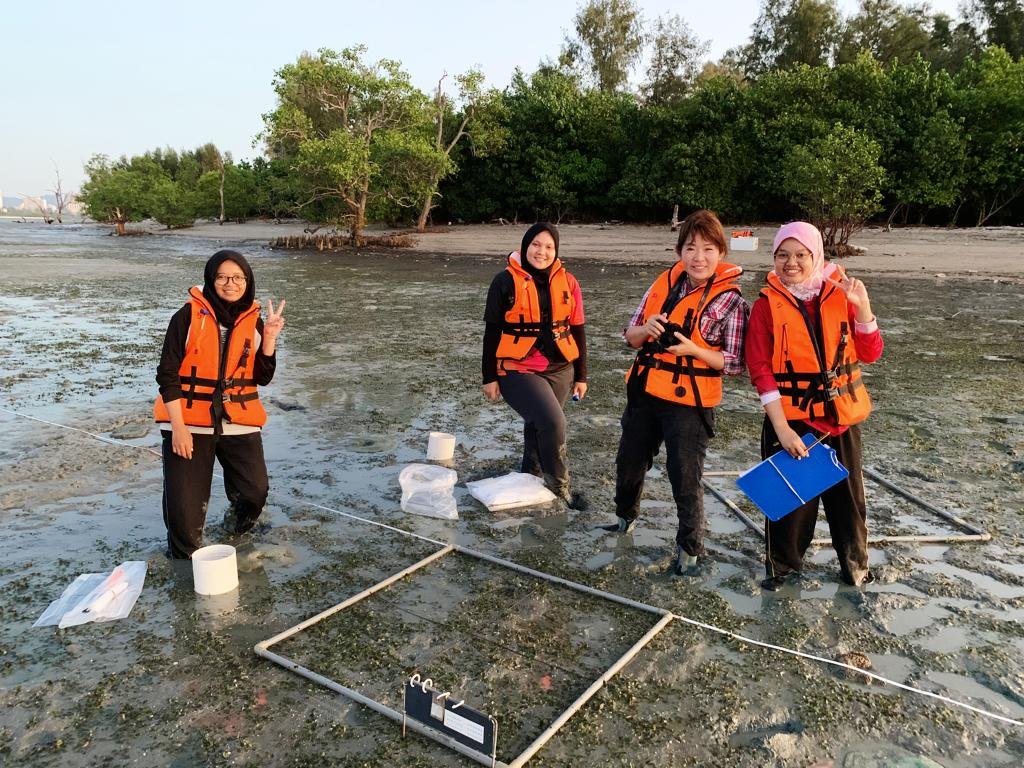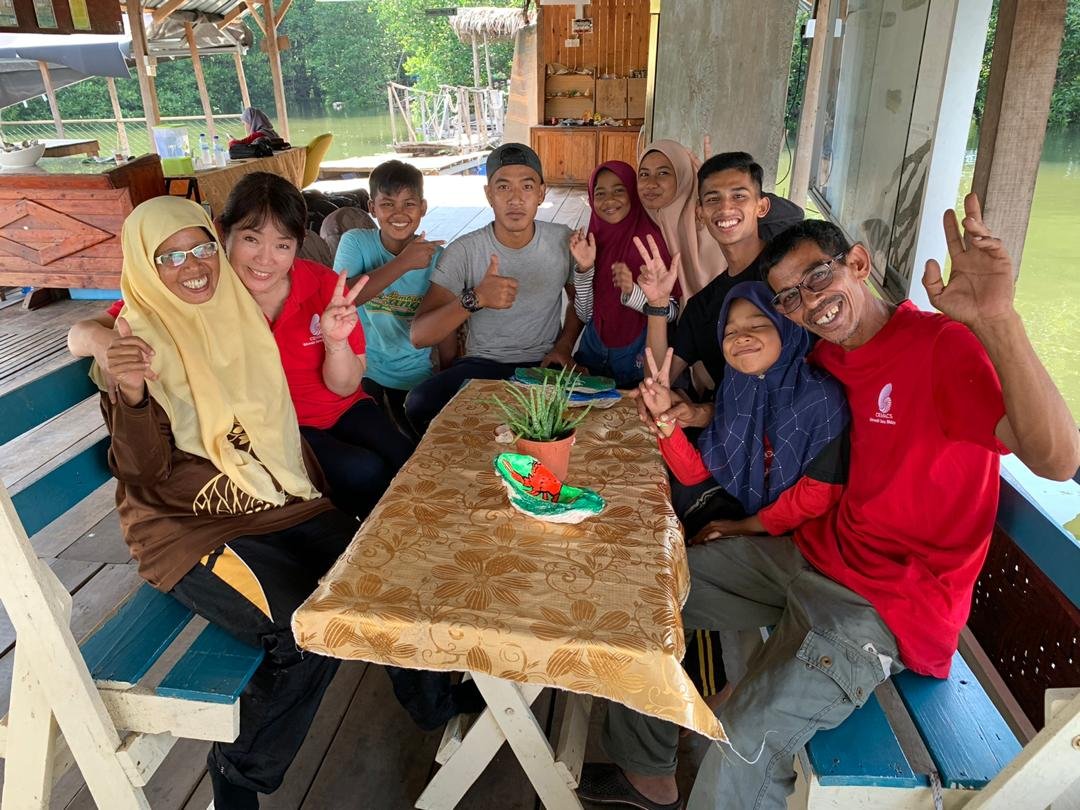A pioneer of firsts: Meet Dr. Aileen Tan Shau Hwai
By GRACE BARBARA
Being a female scientist can come with many challenges. Breaking down barriers and becoming the first woman to accomplish any major feat can be difficult, but Malaysian marine scientist Professor Dr. Aileen Tan Shau Hwai is a woman of many firsts.
Dr. Aileen has a long list of positions including acting as the Director of the Centre for Marine and Coastal Studies (CEMACS) in the Universiti Sains Malaysia, the Executive Director of the Asia-Pacific University-Community Engagement Network, and the Vice Chair of UNESCO IOC of Western Pacific. She also acts as a board member of Partnership for Observations of the Global Oceans (POGO) and was elected as the first, and only, female President of the UNITAS Malacologica, the society for worldwide malacology, from 2013-2016.
Dr. Aileen has an immense passion for marine science and her work specialises in mariculture and the conservation of molluscs, aiming to promote a “green aquaculture,” to create an impactful sustainable income for local communities and to protect the environment.
Dr. Aileen is also the first marine scientist to successfully culture oysters from eggs and sperm through artificial spawning in Malaysia, contributing to both the field of marine science and the local communities that rely on oysters.
Getting to this point, though, was not easy. Early in her career Dr. Aileen shares that it was difficult being a female scientist in a male-dominant field. Dr. Aileen is a firm believer in working hard and fighting for what you believe in. At one point in her career she was no longer able to work at the marine centre that she was using, so she went out independently to search for simple facilities near the coastal areas of Penang to continue her work. Without funding and support, she found a place belonging to the local fishing community and rented it to continue her research, paying out-of-pocket to ensure that her research would continue. Since then, she has graduated several students using these simple make-shift facilities and with the mindset that “when there is a will, there is always a way.”
In addition to her successes in research, Dr. Aileen has made a commitment to her community – she writes that part of her job description is “community empowerment and engagement,” which is supported by her work in education and conservation. In 1995, Dr. Aileen began working with the womenfolk of the Johor Islands on giant clam conservation and followed this in 2001 by working with the coastal communities on oyster farming. She writes: “I always believe that eradication of poverty is not just about money, but providing hope to the community through translation of skills and knowledge,” which is why Dr. Aileen has devoted much of her time to teaching local coastal communities how to generate income through oyster farming. Oyster farming allows for these communities to lead in small businesses and support their families, connecting them to the environment and making a difference in their lives.
Dr. Aileen feels that there is reward from working with local communities and that “all the tiredness, tribulations and many failures are no longer felt when we know that our science has been successfully translated to these communities and put to good use.” She adds that seeing success in these communities aids in the translation of science to others, continuing the growth of research application and the solutions that science can create.
Working in rural coastal communities has been a big part of Dr. Aileen’s work, but one of the challenges is gaining acceptance from the community. Being of different race, religion, and culture, Dr. Aileen shares that she has to gain the trust of the community (who are mainly Malays) through listening, observing and understanding. Dr. Aileen writes that “trustworthiness is important to secure a long-term relationship between the scientist and community before the empowerment and engagement can be conducted. The scientist needs to secure the trust and acceptance from the communities to ensure the translational research knowledge can be done impactfully.” Of course, respect comes next. Dr. Aileen shares that she must both gain the respect of the community and also respect their values, customs, and culture before proceeding. Dr. Aileen shares: “I have to have an open mind to learn from the community; there are a lot of local knowledge that are amazing and should be documented. Working with the community is all about co-learning and co-production of knowledge and findings.”
More recently, in 2020, Dr. Aileen was awarded the Top Research Scientist Award in Malaysia (TRSM) for her expertise in "Mariculture and Marine Ecology, Biodiversity & Conservation” and she was awarded the Best Women Scientist for her work in guiding the womenfolk of the Johore Islands She has also initiated several Malaysia Book of Records for her contribution in molluscan studies.
Overall, Professor Dr. Aileen Tan Shau Hwai has made a major impact in the marine science and local communities that she has been a part of. As a pioneering woman in ocean science, Dr. Aileen has had to break down barriers, fight for what she believes in, and find ways to support herself and her research all while juggling family responsibilities. She shares that “dare to be different” is a maxim that she lives by; adding that “this attitude has served me to be more courageous and steadfast in the long road to improve oneself,” and that she also preaches for those around her to “work from the heart.”
Dr. Aileen feels that the future of marine science is vast, but we must combat political, social, and community-set boundaries and engage with more scientists around the world and bridge the gap between science and community. She hopes that the scientists of tomorrow will continue to prioritise what is important: helping the environment and the people who rely on it, not the accolades and awards that may come with being a scientist. Her mentor, Professor Zulfigar Yasin, who has instilled science, knowledge, and character in Dr. Aileen, has also taught her that we must be true to ourselves, follow our passions, and do what is right. If anything is evident, it is that Professor Dr. Aileen Tan Shau Hwai will continue to do what is right for her research, the marine science community, and continue to break barriers around the world with her work.

